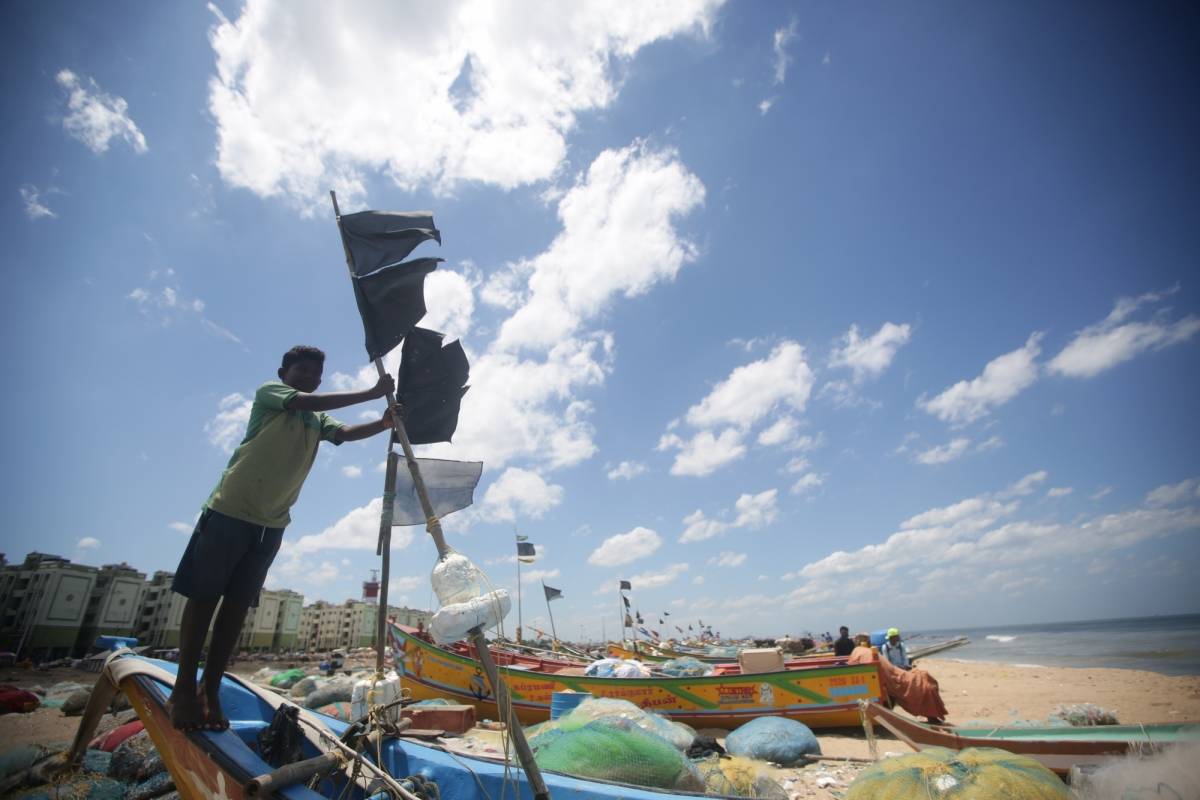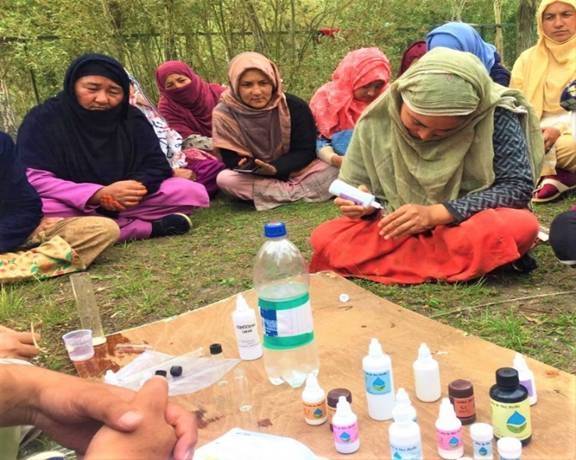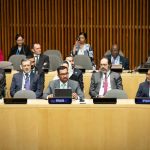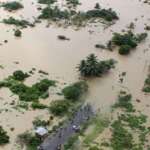SAC Senior Programme Specialist, Grinson George, said there are scientific gaps inhibiting the implementation of rules and regulations for sustainable management of fisheries and aquaculture…reports Asian Lite News.
In a bid to reduce impact of climate crisis on aquaculture and fisheries, the SAARC countries have sought to join hands to implement strategies for battling the phenomenon’s fallout on the sector.
This was the outcome of a two-day online consultative meeting of fishery scientists from India, Bangladesh, Sri Lanka, Pakistan, Afghanistan, and Bhutan held by the SAARC Agriculture Centre (SAC) as experts identified the climate crisis as a major concern in the aquaculture and fisheries sector in the region’s countries.

At the meeting, participants felt the urgent need for implementing strategies such as introduction of climate-friendly technologies in fisheries and aquaculture as well as measures for sustainable utilisation of resources.
Experts voiced concern over dwindling marine catch and aquaculture production, environmental disruption in aquatic ecosystems and its rippling effect on livelihood of the stakeholders, owing to climate change and associated developments.
They suggested that technologies of seaweed farming and integrated multi-trophic aquaculture (IMTA), including cage fish farming could be adopted to reduce the impact of the crisis, to a certain extent. Besides, the sector could use ‘green fishing vessels’ with built-in design features for energy saving and fuel saving technologies to reduce carbon emission.
SAC Director M. Baktear Hossain said the member countries have demanded regional cooperation and a platform for cross-learning and knowledge sharing to check the fallouts in the best possible way in the time of climate change.
SAC Senior Programme Specialist, Grinson George, said there are scientific gaps inhibiting the implementation of rules and regulations for sustainable management of fisheries and aquaculture.
“Some possible solutions can be looked upon in satellite remote sensing, numerical modelling, stakeholder perception, prioritisation of spatial sensitivity to ecosystems and many more with right interference from the stakeholders,” he said.
ICAR-Central Marine Fisheries Research Institute Principal Scientist Prathibha Rohit, while presenting India’s status report about the sector, said mariculture sector (cage farming, seaweed farming, mussel culture) needed comprehensive development in the areas of leasing policies and hatchery development.

“Inadequate infrastructure especially in fishing harbours, cold chain and distribution system, limited scope for expansion due to overcapacities in territorial waters, deficiencies in processing and value addition, depleted stocks in inland water bodies, low adoption of technologies and shortage of skilled manpower are some of the gaps in the sector in the country,” said Rohit.
SAC is the first regional Centre established by the South Asian Association for Regional Cooperation (SAARC) and is located in Dhaka. It started functioning in 1988 with a mandate for information management, primarily in the field of agriculture and allied disciplines.
ALSO READ-Pakistan hosts SAARC video conference on Corona today
READ MORE-Indian Army to Help SAARC Neighbours














